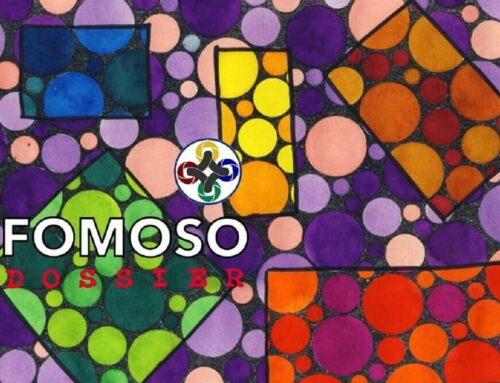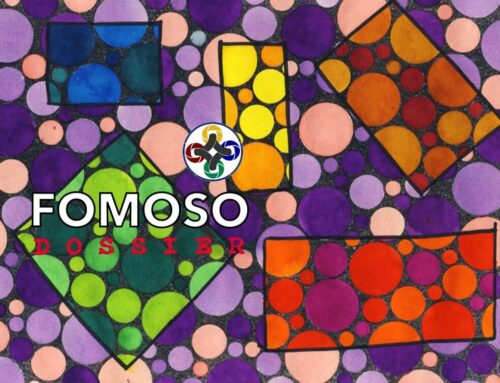Eleonora Dimitrova
Situated in Southeast Europe, Bulgaria joined the European Union in 2007. Bulgaria is a Parliamentary Republic with its Head of Government, the Prime Minister, holding the most powerful executive position on the one hand. On the other hand, the Head of State, the President, has representative/ceremonial power, including limited veto power.
Considered the poorest country in the European Union, Bulgaria has particular strengths and weaknesses. For instance: (1) diversified productive base; (2) low public debt; (3) tourism potential; (4) low production costs and good price competitiveness are considered to be its strengths. On the contrary, issues such as (1) corruption and organized crime; (2) inefficient public services and judicial system; (3) unstable government and fragmented political landscape; (4) lack of skilled labor; and (5) informal economy are often pointed out as weaknesses [i].
Bulgaria’s most important sectors, among others, include: (1) wholesale, and retail trade; (2) transport, accommodation and food services; and (3) public administration, defense, education and human health [ii] and in 2014 the country signed a Partnership Agreement (2014-2020) with the European Union that further contributes to the strengthening of these sectors.
1. The Partnership Agreement 2014-2020 with the European Union
The Partnership Agreement (hereinafter the Agreement) provides support from five funds, namely, European Regional Development Fund (ERDF), the European Social Fund (ESF), the Cohesion Fund, the European Agricultural Fund for Rural Development (EAFRD) and the European Maritime and Fisheries Fund (EMFF) and are together referred to as the European Structural and Investment Funds (ESIF).
The Agreement has multiple objectives, among which are strengthening the development and competitiveness of Bulgaria’s agri-food and forestry sectors [iii]. To achieve this goal, a Rural Development Program (hereinafter the Program), managed based on the Agreement, has been created with several priorities.
2. Priorities of the Rural Development Program in Bulgaria
As mentioned, the priorities of the Program in Bulgaria, are six. First, the Program strives to support knowledge transfer and innovation in agriculture, forestry and rural areas. Second, it aims to support the competitiveness of the agri sector and sustainable forestry. Third, it focuses on food chain organization, including processing and marketing of agricultural projects, animal welfare and risk management in agriculture. Forth, it intends to restore, preserve and enhance ecosystems related to agriculture and forestry. An additional focal point is resource efficiency and climate. Finally, it strives to achieve social inclusion and development of rural areas. Further details about each objectives are mentioned in the lines below.
2.1. Knowledge Transfer and Innovation in Agriculture, Forestry and Rural Areas
It has been argued that rural development has a long-established track record of inspiring innovation and advancing knowledge transfer and innovation have been important priorities for the 2014-2020 program [iv]. Under this priority of the Program, approximately 5 000 people will be trained with the aim of further improving the knowledge and skills of people who work in the agricultural and forestry sectors.
2.2. Competitiveness of Agri Sector and Sustainable Forestry
Multiple aspects pose a threat to the income of farms. Thus, farmers should strive to become more competitive. Keeping in mind that only six percent of farm managers are below the age of 35, more young people should be urged to present their ideas to the farm sector. To encourage young farmers, nearly 2 000 holdings will obtain start-up aid [v]. Additionally, it is expected that companies in the forestry sector will receive also support for boosting the economic performance of 120 companies.
2.3. Food Chain Organization, Including Processing and Marketing of Agricultural Products, Animal Welfare and Risk Management in Agriculture
For its third priority, it has been deemed important to focus on two areas. First, as outlined in the Program, the primary producers should be further integrated into the food chain via “quality schemes, promotion in local markets and short-supply chains, producer groups and ‘inter branch’ organizations”. Second, farmers should be supported when it comes to risk management. To consider that priority successful, it has been planned that about 500 holdings will receive support for participating in markets, supply chains, and organizations. Also, nearly 1600 operations connected to investments of production or the marketing of products will be supported.
2.4. Restoring, Preserving and Enhancing Ecosystems Related to Agriculture and Forestry
The environment is still often pressured and this leads to various consequences. For instance, only 17 percent of the European Union habitats and 11 percent of the ecosystems are seen to be in “favorable state”, and 45 percent of the European Union’s soils experience problems of quality. For this priority, three focus areas are taken into consideration. First, the restoration and preservation of biodiversity. Second, the advancement of water management. Third, the improvement of soil management [vi].
2.5. Resource Efficiency and Climate
The agricultural sector should use energy and water in a more effective way while reducing its greenhouse gas emissions. Under the Program, approximately 1000 investment operations will support renewable energy production and improved energy efficiency in the agriculture sector.
2.6. Social Inclusion and Local Development in Rural Areas
People residing in rural areas receive compensation which are less than the European Union’s average. In order to ensure social inclusion and local development in rural areas, under the Program Bulgaria strives to create around 5 000 jobs “through diversification and development of small enterprises” and an additional 600 posts “via the implementation of LEADER local development strategies”.
References:
[i] Coface. (2019). Bulgaria: Major Macroeconomic Indicators. Retrieved from: https://www.coface.com/Economic-Studies-and-Country-Risks/Bulgaria
[ii] European Union. (n.d.). Bulgaria. Retrieved from: https://europa.eu/european-union/about-eu/countries/member-countries/bulgaria_en
[iii] European Commission. (n.d.). Factsheet on 2014-2020 Rural Development Program for Bulgaria. Retrieved on: https://ec.europa.eu/info/sites/info/files/food-farming-fisheries/key_policies/documents/rdp-factsheet-bulgaria_en.pdf
[iv] European Commission. (n.d.). Fostering knowledge transfer and innovation in agriculture, forestry and rural areas. Retrieved on: https://enrd.ec.europa.eu/enrd-static/policy-in-action/cap-towards-2020/rdp-programming-2014-2020/rural-development-priorities/en/knowledge-transfer_en.html
[v] European Commission. (n.d.). Enhancing the competitiveness of all types of agriculture and enhancing farm viability. Retrieved from: https://enrd.ec.europa.eu/enrd-static/policy-in-action/cap-towards-2020/rdp-programming-2014-2020/rural-development-priorities/en/competitivness_en.html
[vi] European Commission. (n.d). Restoring, preserving and enhancing ecosystems dependent on agriculture and forestry. Retrieved from: https://enrd.ec.europa.eu/enrd-static/policy-in-action/cap-towards-2020/rdp-programming-2014-2020/rural-development-priorities/en/ecosystems_en.html





Hinterlasse einen Kommentar